#mousaie
Explore tagged Tumblr posts
Text

Erato, Muse of Love Poetry
Albertina • Vienna, Austria
#albertina#erato#the muses#the mousai#muses#muse#mousai#greek goddess#greek gods#greek god#love poetry#love poem#poetry#poem#hellenic polytheism#hellenic worship#hellenic devotion#hellenism#historical art#art history#art details#classical art#art#sculpture#statue#iconography#koree
777 notes
·
View notes
Text


Three muses complaining to Apollo of the barbarity of men
Bas-relief in plaster by Émile Morlaix (1937)
#apollo#apollon#mousai#muses#Greek mythology#Greek gods#Calliope#Euterpe#Thalia#Melpomene#Erato#Terpsichore#Clio#Polyhymnia#Urania#sculpture#Émile Morlaix
553 notes
·
View notes
Text
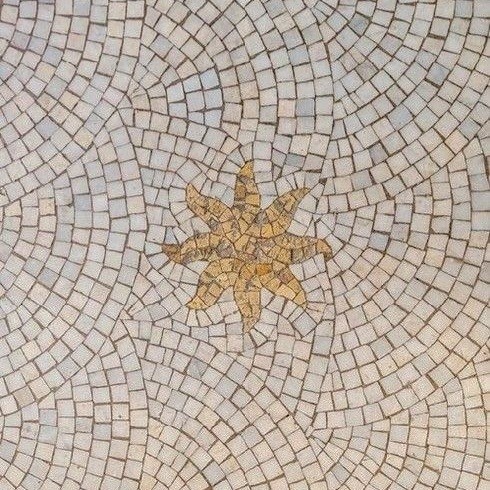
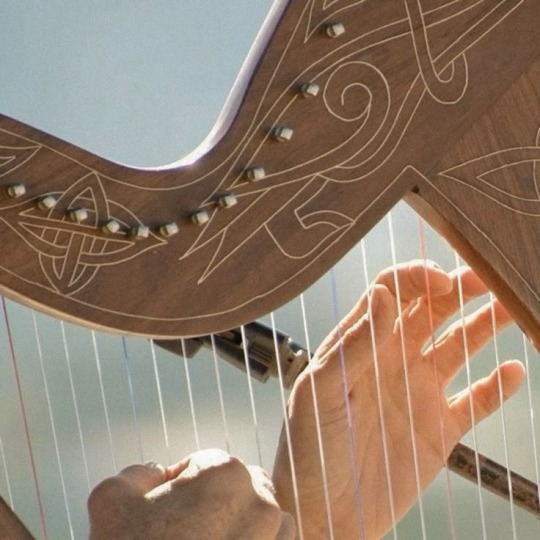
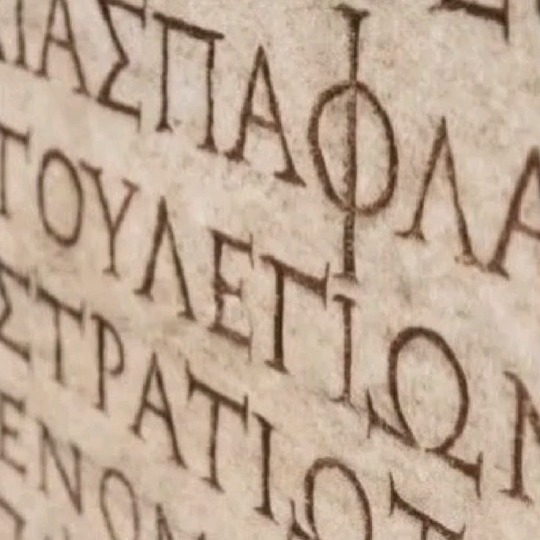
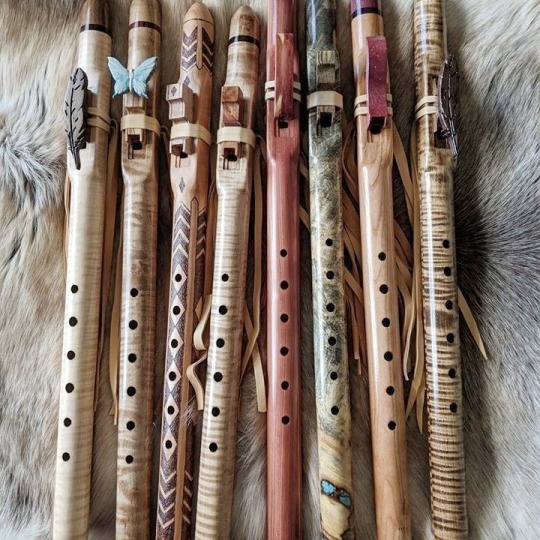

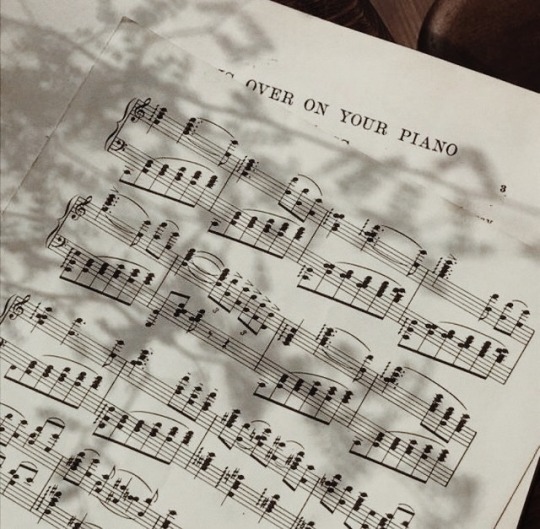
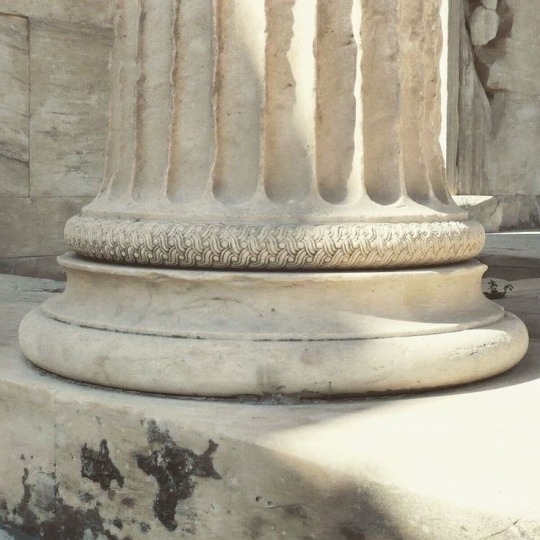

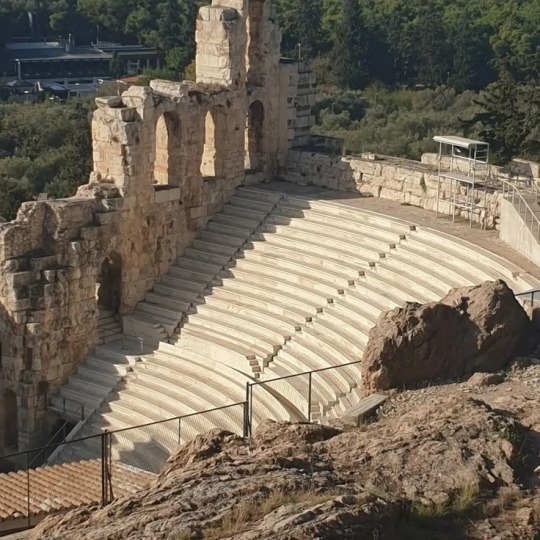
𝒆𝒖𝒕𝒆𝒓𝒑𝒆; 𝒎𝒖𝒔𝒆 𝒈𝒐𝒅𝒅𝒆𝒔𝒔 𝒐𝒇 𝒎𝒖𝒔𝒊𝒄 𝒂𝒏𝒅 𝒔𝒐𝒏𝒈 🎼🎶
[please reblog or like if you saved]
#euterpe#the mousai#nine muses#greek god#greek gods#greek goddess#greek deity#greek god aesthetic#greek god art#greek pantheon#greek pagan#greek paganism#greek polytheism#greek polytheist#greek myth#greek myth aesthetic#greek myth art#greek myhtology#greek myhtology art#greek mythology aesthetic#hellenism#hellenistic#hellenic paganism#hellenic pagan#hellenic pantheon#hellenic polythiest#hellenic polytheism#hellenic gods#hellenic deities#9muses
79 notes
·
View notes
Text
The Nine Muses
This is a very simple post about the Muses in hopes of explaining who they are, what their domains are, and some things they may be able to help with. This post isn't a deep dive by any means - just a simple introduction. Enjoy!
Who are the Muses?
The Muses, or Mousai, are goddesses of inspiration for various creative, scientific, and poetic endeavors. They were believed to also have knowledge of all things that have come to pass, remembering events with clarity that mortals could not hope to have. Their names are Kalliope, Kleio, Ourania, Thaleia, Melpomene, Polymnia, Erato, Euterpe, and Terpsikhore.
In total, there are nine Muses. The god Apollon was often believed to be the leader of the Muses, having a very close connection with them. The goddess Artemis was also paired with them.
Their origin and family varied depending on the source, but the most common notion was that Zeus and Mnemosyne are their parents and that they were born at the foot of Mount Olympus. Some other possible parents are Ouranos and Gaia, Zeus and Plousia, Pieros and Antiope, or even Apollon.
Poets of the past used to invoke the names of the Muses in hopes of gaining inspiration and the ability to gracefully convey their words. When a connection was drawn between them and Apollo, they were also known for their prophetic abilities as well, even being said to teach the art of prophecy.
What are each of their domains?
Kalliope - The eldest of the Muses, she is the goddess of eloquence and epic poetry. She is often considered the mother of Orpheus. She was depicted with a tablet, a scroll, or (later on) a lyre. Her name has been translated to mean "beautiful-voiced".
Kleio - Wise and intelligent, she is named the goddess of history. In art, she was often depicted with an open scroll or chest full of books. Her name was translated as "to make famous".
Ourania - Associated with the stars, she is the goddess of astronomy and astronomical writings. She has been depicted pointing at a celestial globe with a rod, but I wasn't able to find more information on her symbols. Her name means "heavenly one".
Thaleia - A goddess that helps bring joy to the world, she is the goddess of comedy and bucolic poetry. She was also considered to be the mother of the Korybantes (a group of seven demigods). She was often depicted with a comedy mask, a shepherd's staff, or a wreath of ivy. Her name has been translated as "festivity" or "blooming".
Melpomene - Holding a domain more somber than the Muse above, she is the goddess of tragedy. She was named the mother of the Sirens by Apollodorus. She was depicted with a tragedy mask, a sword, a wreath of ivy, or cothurnus boots. Her name likely means "to celebrate with song (and dance)".
Polymnia - With a name meaning "many hymns" or "many praises", it's no surprise that she's the goddess of religious hymns. She was often portrayed in a meditative pose.
Erato - A Muse that needs no introduction, she is the goddess of erotic poetry and mime. She was often portrayed with a lyre. Her name means "lovely" or "beloved".
Euterpe - Likely full of rhymes and reasons, she is the goddess of lyric poetry. She was often depicted with a double flute. Her name likely means "well pleasing" or "giver of much delight".
Terpsikhore - Filled with music, she is the goddess of choral song and dancing. She was often depicted with a lyre and plectrum. Her name has been translated to "delighting in dance".
Kalliope - Speaking presentations, writing essays, script reading, reading/writing informational posts/articles/etc., interpreting poetry, poetry writing/reading, sharing your own poetry, communicating clearly with others, important conversations, coping with conflicts, addressing conflicts, making peace with others.
What are some things they can help with specifically?
***These are merely suggestions.***
Kleio - History exams/tests, studying classics/history, delving into your own history, discovering family history, recalling past events, writing myth retellings or similar, identifying patterns of behavior, releasing the past, learning from the past, finding hope for the future.
Ourania - Studying the stars/space, story-telling, understanding the universe around us, memorizing constellations, finding peace in the night, finding hope in the darkness, creating goals for yourself, "reaching for the stars", holding onto your wishes, finding a sense of direction.
Thaleia - Creating your own joy, finding what makes you happy, performing stand-up comedy, writing any form of comedy, play-writing, healthy positivity, learning to laugh things off, releasing stress/burdens, moving forward, expressing your joy.
Melpomene - Coping with hardships, moving through difficult times, releasing the past, forgiving oneself, coping with past mistakes/regret, healing from difficult events, coping with the "downs" of life, play-writing, telling tragic tales, addressing difficult topics sensitively.
Polymnia - Writing devotional poetry/hymns/songs/etc., growing closer with religion/devotion, inspiration for offerings/devotional acts, coping with religious difficulties, finding comfort/joy in religion, connecting with the divine, religious/spiritual writings, connecting with your practice.
Erato - Love letters, confessing your feelings through writings/songs/etc., connecting with sexuality, writing/reading erotic stories, communicating sexual needs, establishing/discovering sexual boundaries, sex positivity (especially through literature), embracing your sexual interests.
Euterpe - Writing poetry, interpreting poetry, communicating one's emotions, romanticizing life, sharing poetry with others, devotional poetry, expressing one's feelings through writing, processing emotions, finding the "right word" for a piece you're writing.
Terpsikhore - Song-writing, learning to dance, expressing yourself through dance/song, connecting with music, processing feelings with musical aid, instrument playing, choral/instrumental performances, writing a musical, musical theater, finding your voice, embracing who you are, expressing yourself.
440 notes
·
View notes
Text
˚ʚ♡ Hypnos & the Erotes ♡ɞ˚



I'm sure you're all familar with Hypnos and the Erotes, respectively. But it's not as common to hear about them working together. Although, it is quite logical when you put some thought to it; "Sleep and Love, after all, are activities that both have the bed in common." - Sleep and Death
Unfortunately, most of what we know about Hypnos' association with love and the Erotes comes from Nonnus.
"Nonnus (flourished 5th century ad, b. Panopolis, Egypt) was the most notable Greek epic poet of the Roman period. His chief work is the Dionysiaca, a hexameter poem in 48 books" - Britannica

Here are a few quotes from 'Nonnus, Dionysiaca' [theoi.com]
Nonnus, Dionysiaca 31. 103 ff : ". . . Then Hypnos as one obeying a mother started up, and swore to charm the eyes of unresting Zeus even until the third dawn should come; but Iris begged him to fasten Kronion (Cronion) with slumber for the course of one day only. There Hypnos remained, awaiting the happy season of marriage. Then goddess Iris returned flying at speed and hastened to deliver her welcome message to her queen."
Nonnus, Dionysiaca 32. 95 ff : ". . . [and after their lovemaking] Hypnos (Sleep) the servant of the Erotes (Loves) had charmed the eyes of Zeus . . . Zeus slept delicately charmed among the flowers, holding his wife in his arms on that bed unseen."
Nonnus, Dionysiaca 42. 336 ff : "He [Dionysos in love] sorrowfully prayed to Hypnos (Sleep) and Eros (Love) and Aphrodite of the Evening [the star Venus], all at once, to let him see the same vision [of his love] once more, longing for the deceptive phantom of an embrace."
Nonnus, Dionysiaca 47. 345 ff : "[Ariadne laments her fate after being abandoned in her sleep by Theseus on Naxos :] ‘Give me again, Hypnos (Sleep), your empty boon, so pleasant; send me another delectable dream like that, so that I may know the sweet bed of love in a deceptive dream! Only linger upon my eyes, that I may know the unreal passion of married love in a dream!’"
Nonnus, Dionysiaca 48. 264 ff : "The maiden [the virgin Aura] awoke . . . [and] bold Hypnos (Sleep) she reproached more than all and threatening the Oneiros (Dream) [i.e. for sending her a prophetic dream in which she loses her virginity to Dionysos]."
! CW : rape ! Nonnus, Dionysiaca 48. 621 ff : "Iobakkhos (Iobacchus) [Dionysos] seeing her [Aura asleep] on the bare earth, plucking the Lethaean (Forgetful) feather of bridal Hypnos (Sleep), he crept up noiseless, unshod, on tiptoe, and approached Aura where she lay without voice or hearing. With gentle hand he put away the girl's neat quiver and hid the bow in a hole in the rock, that she might not shake off Hypnos' (Sleep's) wing and shoot him . . . On the ground that hapless girl heavy with wine, unmoving, was wedded to Dionysos; Hypnos (Sleep) embraced the body of Aura with overshadowing wings, and he was marshal of the wedding for Bakkhos (Bacchus), for he also had experience of love, he is yokefellow of Selene (the Moon), he is companion of the Erotes (Loves) in nightly caresses."

And some non-Nonnus ones
Greek Lyric V Anonymous, Fragment 929g (Rainer papyrus) (trans. Campbell) : "Soft-eyed Hypnos (Sleep) came, embracing all his limbs, as a mother on seeing her dear son after a long absence folds him with her wings to her loving breast."
Licymnius, Fragment 771 (from Athenaeus, Scholars at Dinner) (trans. Campbell, Vol. Greek Lyric V) (Greek lyric C4th B.C.) : "[Endymion was a handsome youth loved by the moon-goddess Selene. He was granted immortality in a state of eternal slumber :] Likymnios of Khios (Licymnius of Chios) says the Hypnos (Sleep) loves Endymion and does not close they eyes of his beloved boy even while he is asleep, but lulls him to rest with eyes wide open so that he may without interruption enjoy the pleasure of gazing at them. His words are ‘And Hypnos (Sleep), rejoicing in the rays of his eyes, would lull the boy to rest with eyes wide open.’"
^^ I understand that this one can simply be interpreted as one of his 'love stories' as most of the Theoi have them. However I thought it nice that it was said that He loved Endymion so much that He (Sleep) stayed with him forever; being forever in slumber.

Cult images depicting Him with the Mousai (Muses) and Aphrodite
Pausanias, Description of Greece 2. 31. 3 : "Not far from the Mousai's (Muses') hall [at Troizenos (Troezen) in Argolis] is an old altar, which also, according to report, was dedicated by Ardalos. Upon it they sacrifice to the Mousai and to Hypnos (Sleep), saying that Hypnos is the god that is dearest to the Mousai."
Pausanias, Description of Greece 2. 31. 5 : "[At Troizenos (Troezen) in Argolis there is] an ancient altar . . . they sacrifice on it to Hypnos (Sleep) and the Mousai (Muses); who they say are particular friends."
Pausanias, Description of Greece 3. 18. 1 : "[Beside the temple of Athena of the Bronze House in Sparta :] Near the statues of Pausanias is an image of Aphrodite Ambologera (Postponer of Old Age), which was set up in accordance with an oracle; there are also images of Hypnos (Sleep) and of Thanatos (Death). They think them brothers, in accordance with the verses in the Iliad."
Little other bits!
Hypnos is married to Pasithea, one of the Charites, which slightly solidifies his association with 'love-like', good feelings; as the Charites presided over "grace, beauty, adornment, joy, mirth, festivity, dance and song."
His role in the myth of Endymion in which, depending on the version, was in love with Endymion himself or acted as a 'wing-man' for Selene in a way. <- linked a previous post of mine about the variations of the myth!

And yes, at the end there I did include his (more well-known) affiliation with the Mousai; I did this because, although not romantic (with exception for Erato), the Mousai can represent to some extent the love we feel for ourselves, for friends, the passion of a new hobby, the love of happiness, and really just a love for life. Since the Greeks didn't view love as a catch-all-term and had specific names for each type of love, I though it was fitting to also include his beloved friends, the Mousai.
Although we have little information on Hypnos' depiction as an Erote / companion to the Erotes. We can make the connection that the role of sleep and the role of love have much in common.
The bedroom, a holy place for sleep and love. Where intimacy and dreams mingle together. Dreaming about your lover, or of a friend (philia). Waking up next to someone, their arms around you as you remember the previous night (doesn't have to be sex, you could have just embraced each other in your sleep). Winding down after a long day by laying down and reading in bed, your partner joining you, just laying in silence. The giggles of a sleepover. The comfort of your pet snuggling up next to you. The solace you feel when your head hits the pillow, loving yourself and treating you to an early sleep. Anything!
Do I personally regard Hypnos as a love god? Yes and no. My perspective lies within the wording of it; and since this is purely my opinion, I will label this next part as !UPG! Okay, so. I think it would be wrong to say that Hypnos is a 'love god' or a 'god of love', because he is not, he's the god and daimon of sleep; with dreams, altered consciousness, and relaxation / wellbeings being under this domain as well - notice, love is not listed. However, would I ever reach out to Lord Hypnos concerning love? Personally, yes. I don't believe love to ultimately fall under his domains, but he can assist. I sometimes call him an 'assistant to Aphrodite' [or an 'assistant to love'], because that is how I personally view his role regarding love, assisting. To put it into a lil metaphor; Think of Aphrodite as a full-time, dedicated, expert-in-the-field person for Love - and Hypnos as a Casual-worker, called in when needed, knows how to work in the department but doesn't specialise there. Does that make sense? It does to me. Either way, this paragraph was just my personal view on it, if yours doesn't match mine that is totally fine. This aspect of Hypnos is nuanced and gives a huge allowance for UPG.

Anyway, let me know if I missed anything or you'd like to share your own interpretation of Hypnos' love aspect! I'd love to hear them! [heh]
May Hypnos bless you, and sweet dreams ♡


-> heart divider made by @/strangergraphics -> sleep [zzzz] divider made by @/sisterlucifergraphics
#the banks of lethe#banks of lethe research#hypnos and the erotes#lord hypnos#research post#hypnos deity#helpol#hypnos shrine#hypnos devotee#hellenic polythiest#hellenic polytheism#hypnos god#hypnos worship#the erotes#erotes#the mousai#mousai#the muses#love#sleep and love
80 notes
·
View notes
Text
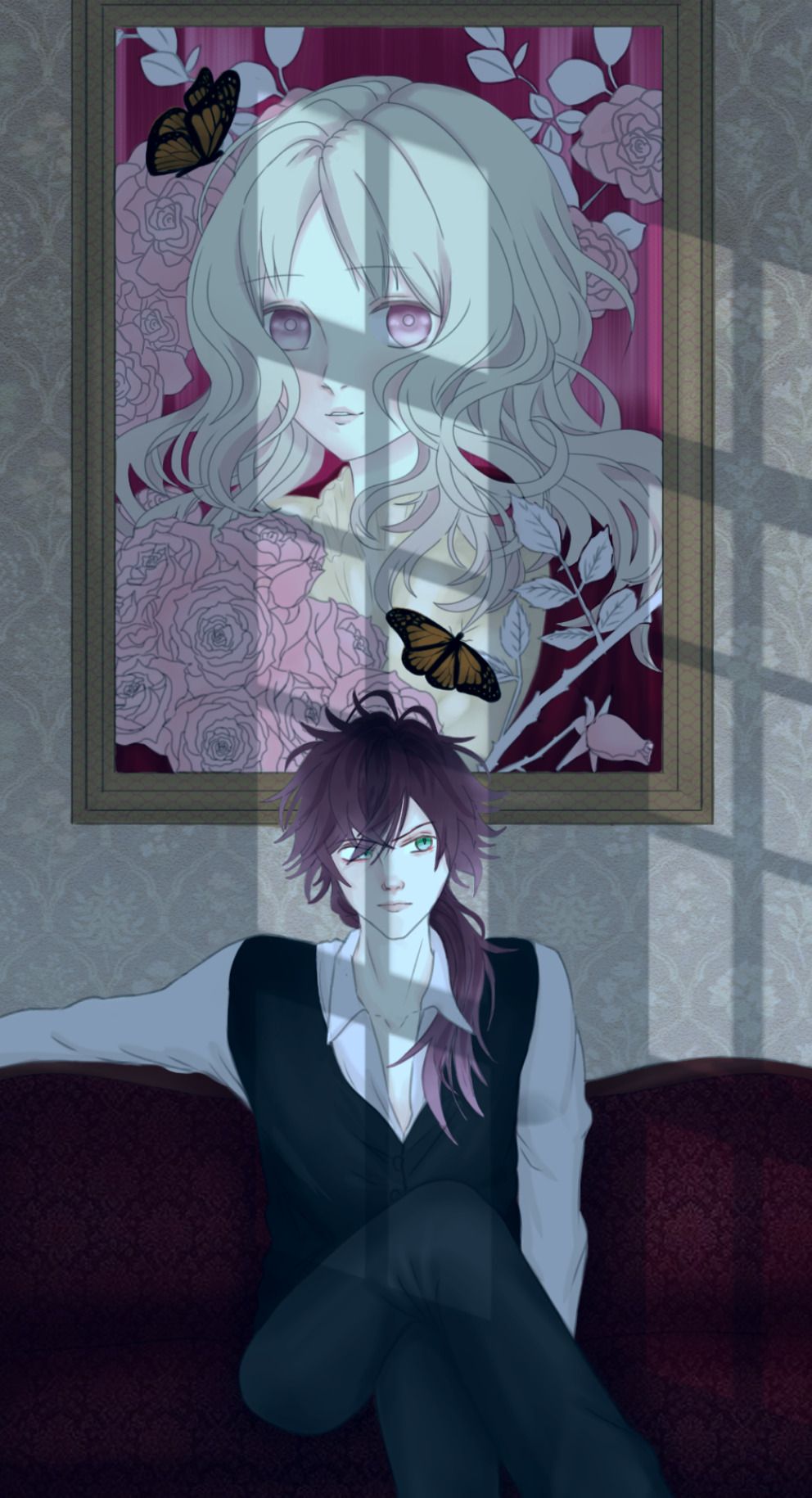
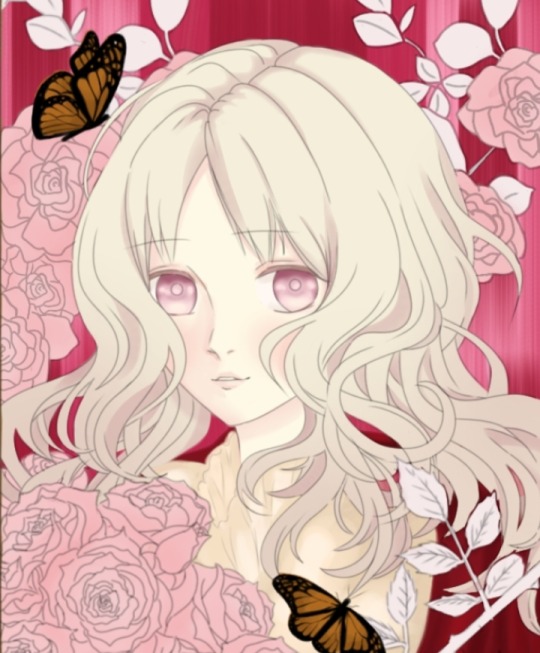
El hombre primigenio y su Musa primigenia
#diabolik lovers#diahell#ayato sakamaki#yui komori#wip#mousai: la mariposa que voló lejos#sakamaki ayato#ko#komori yui#dialovers
308 notes
·
View notes
Text









greek mythology: mousai apollonides
mousai apollonides are three younger muses, daughters of the god apollo. they were honoured at the shrine of delphoi. their names nete, mese, and hypate are synonymous with those of the lowest, middle, and highest chords of a lyre.
#greek mythology#mousai apollonides#gods and goddesses#apollo#greekmythologyedit#greekmythedit#mythologyedit#mythedit#*mine*#greekedit
472 notes
·
View notes
Text

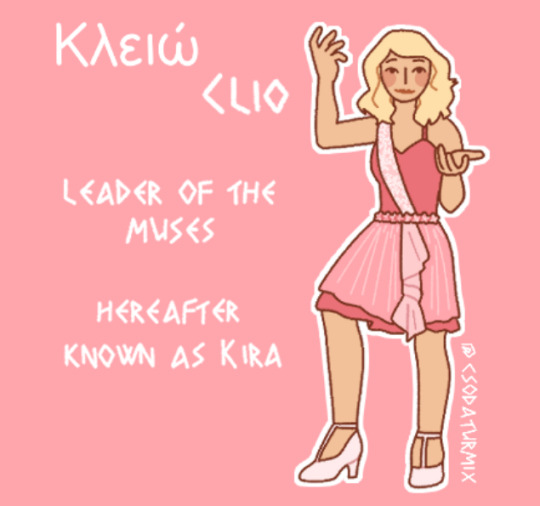
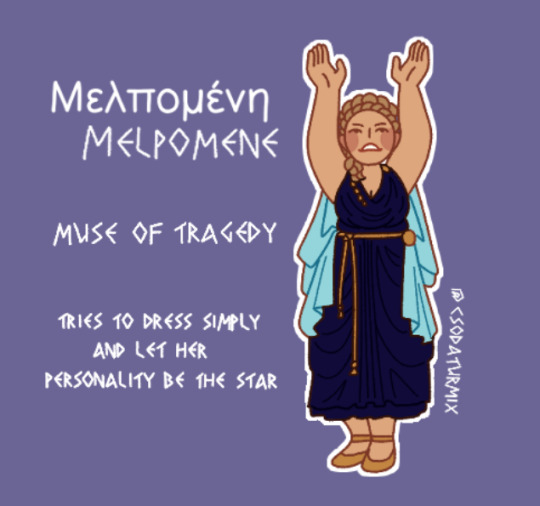


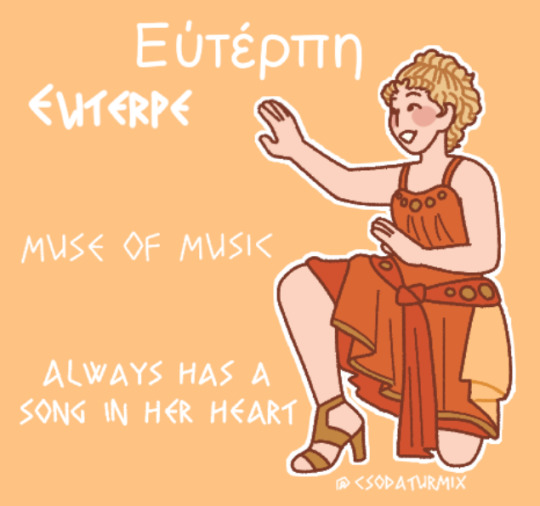



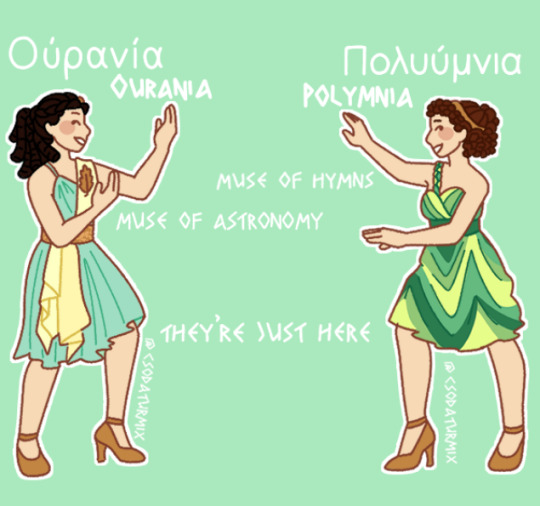
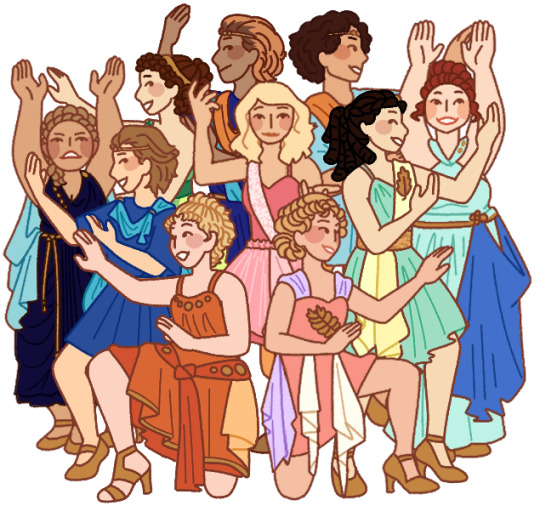
Huzzah!
#the muses#muses#klio#melpomene#calliope#euterpe#erato#terpsichore#thalia#polymnia#polyhymnia#ourania#urania#xanadu#greek mythology#xanadu musical#clio#mousai
338 notes
·
View notes
Text
Greek Gods 101: Urania
Urania is a Mousai of astronomy and astronomical writings. Excluding the universal offerings, some common offerings include:
Small (or large) Telescopes
Depictions of the Stars and Planets
Globes
Compasses
Spyglasses
Binoculars
Magnifying Glasses
Any Astronomical Instruments (Armillary Spheres, Meridian Circles, Etc.)
Marbles
For devotional acts, some activities that can be done for her include:
Learning About Astronomy
Stargazing
Learning How to Use a Telescope
Taking Notes on Positions of Planets or Stars
Reading Books or Other Writings on Astronomy
Taking a Class on Astronomy
Learning About Astrology & How It Connects to Astronomy
Learning About Space Exploration Devices (i.e. Rovers)
She is not celebrated in any Athenian holidays.
#urania#urania muse#Urania mousai#urania goddess#urania deity#deities#hellenism#helpol#hellenic#hellenic pagan#hellenic polytheism#hellenic polytheist#hellenic community#hellenic deities
73 notes
·
View notes
Text
Complete list of Knowledge/Academic Gods
Mnemosyne (and the other two Titanide Mousai) Zeus Athene Hermes Apollon Dionysos Themis Metis Prometheus Epimetheus the Nine Mousai the Kharites Atlas Koios Phoibe the Apollonides (youngest Mousai) the Theoi Iatrikoi (Asklepios and his immediate family)
#complete list off the top of my head that I can point to definitively#and doesn't include inventors.. rip Demeter hestia etc.#hellenic polytheism#helpol#zeus deity#athena deity#athena goddess#hermes god#hermes deity#apollon#apollo deity#the mousai#asklepios#dionysos#dionysus deity#mnemosyne#the kharites#the graces
22 notes
·
View notes
Text
“The Mousai are always dancing, and the goddesses love to busy themselves with songs and strings. But when they see Apollon beginning to lead the dance, they put their heart into their singing even more than before and send down from Helikon an all-harmonious sound.”
- Simonides, Fragment 578 (from Himerius, Orations)
#apollon#apollo#muses#mousai#calliope#terpsichore#clio#urania#polyhymnia#euterpe#thalia#melpomene#erato#greek gods#Simonides#Himerius
105 notes
·
View notes
Text
My Hymn to the Muses
Since I can apparently write poetry now, I've decided to begin work on a hymnal. It's going to be a long-term project. As is proper, I've begun with the Muses. (I also really could use their help right now.) I was sobbing while writing this, so, that's how I know I'm on the right track.
To the Muses O Muses, from whom all stories flow Like the waters of the Hippocrene, that pours from Helicon’s towering heights onto the sacred planes of Greece; Daughters of Zeus and mothers of song, whose voices sound like chiming bells, heard in the ripples of the stream and the calling of the wind, singing stories older than the many languages of men; Your voices sing within my soul And always have, since I was born.
Urania, who in my youth led me to a sacred stream, and turned my face up to the stars; Calliope, who leads me through the lengthy stories that I tell; Terpsichore, who compels my limbs to express what’s in my heart; Euterpe and Erato, who with their sweet voices, charm my soul; Polyhymnia, who speaks to me now, encouraging me to praise the gods; Clio, she who calls my glance back to the rich lore of the past; Thalia and Melpomene, the witty players on life’s stage, who remind me to enjoy the show, and teach me how to cope with endings.
Pegasus brought me to you, Once, very long ago. And in that time you’ve taught me well How to sing and dance and write, the many arts of lorekeeping. Sisters, now I call to you-- fill me with the voice divine, so that always, always the words will come.
#poetry#my poetry#hymns#hymn to the muses#the muses#the nine muses#mousai#hellenic polytheism#hellenic pagan#helpol#hellenic paganism#hellenic devotion#greek gods and goddesses#hellenism#hellenic worship#hellenic deities#hellenic polythiest#calliope#urania#polyhymnia#euterpe#erato#terpsichore#clio#thalia#melpomene
58 notes
·
View notes
Text
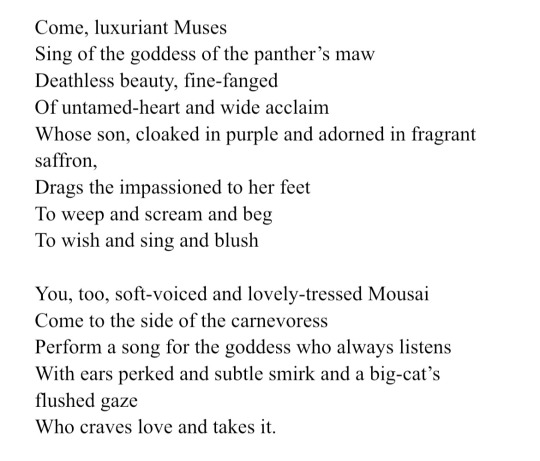
(6 August 2023)
#i did this one at the beach (-:#my poetry#Aphrodite#Aphrodite deity#Mousai#devotional art#helpol#personal#prayer
110 notes
·
View notes
Text

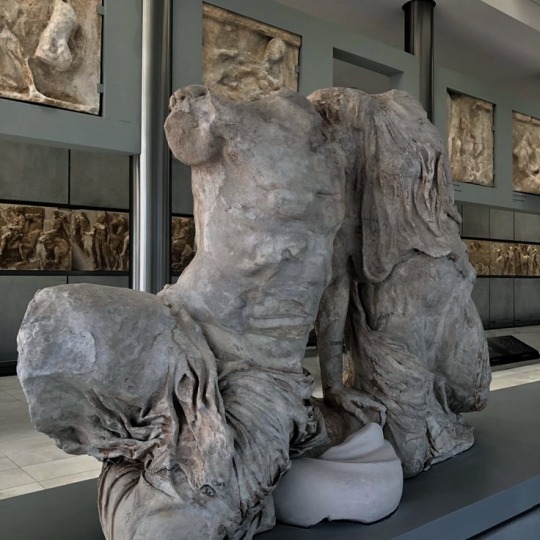

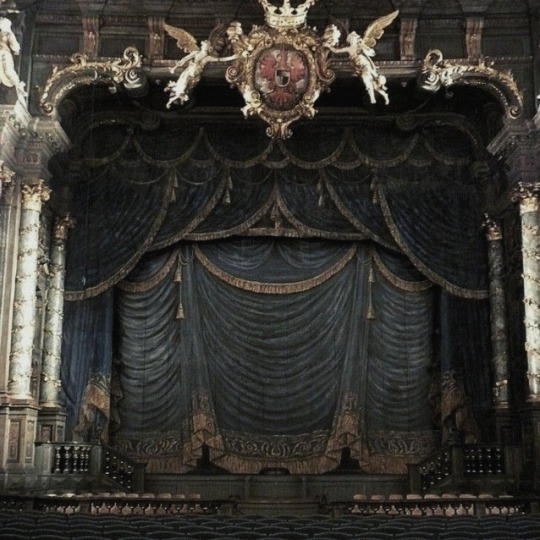

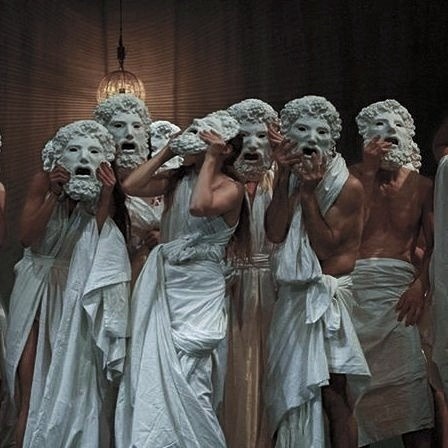

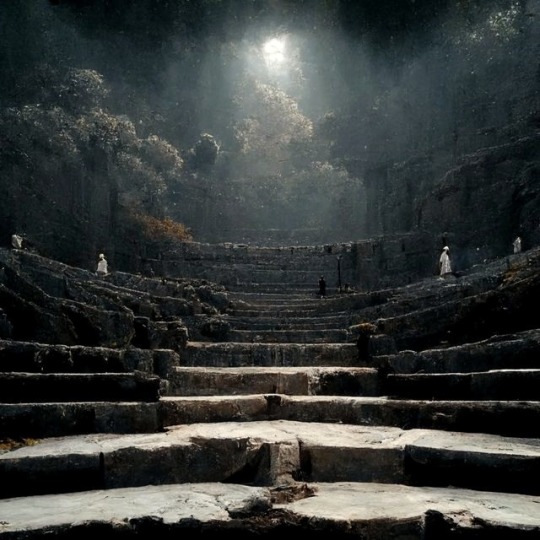
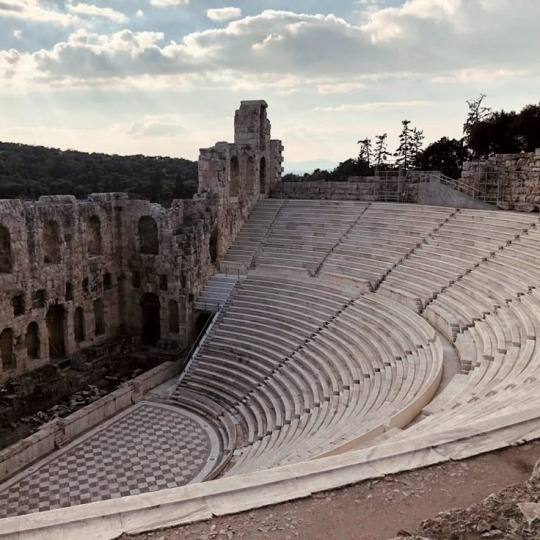
𝒕𝒉𝒂𝒍𝒆𝒊𝒂; 𝒎𝒖𝒔𝒆 𝒈𝒐𝒅𝒅𝒆𝒔𝒔 𝒐𝒇 𝒄𝒐𝒎𝒆𝒅𝒚✨️🎭
[please reblog or like if you saved]
#thaleia#thalia#the mousai#nine muses#greek god#greek gods#greek goddess#greek deity#greek god aesthetic#greek god art#greek pantheon#greek pagan#greek paganism#greek polytheism#greek polytheist#greek myth#greek myth aesthetic#greek myth art#greek myhtology#greek myhtology aesthetic#greek mythology art#hellenism#hellenistic#hellenic paganism#hellenic pagan#hellenic polytheism#hellenic polythiest#hellenic pantheon#hellenic gods#hellenic deities
92 notes
·
View notes
Note
Hi!! I was wondering if you could help me a bit in my worship of the mousai (specifically Klio and Kalliope) as I can't find much on how they were honoured or any pagans who honour them at all
Khaire!
I asked a server I was in about this and got some really great resources for you! The person who helped me also suggested that you look at the websites Jstor, Brill, and Academia.edu for further reading materials. Those are academic sites and will be able to link you to accurate sources. Internet Archive is also great, if you have a specific book in mind! Here they are, and best of luck to you!
Theoi.com (looks at their referenced sources at the bottom to find further reading!)
Wiki (again, look at the mentioned sources and notes; lots of good potential sources for you to use)
The Nine Muses: A Mythological Path to Creativity
Hesiod's Theogony
Homer's Invocation of the Muses
Hesiod and the Divine Voices of the Muses
Apollo and the Muses
Cults of Boiotia
The Dictionary of Classical Mythology
The following sources are in PDF format.
Music and the Muses: The Culture of Mousike in the Classical Athenian City
Synaesthesia and the Ancient Senses Chap. 1: Why are There Nine Muses (if the link doesn't work, try finding it elsewhere online)
Le Culte Des Muses (this one is in French, but my friend said to run it through a French translator, and you should be good; it's a really awesome source)
Good luck, Nonny, and thank you for your patience! c: 🧡
#anon asks#answered asks#the mousai#hellenic polytheism#the muses#helpol#hellenic pagan#tagging this one so that others can maybe find these sources#muses worship
24 notes
·
View notes
Text
By Polyhymnia's hand I weave my prayer Holiest Muse, may I live to honour the Gods With actions and words
português:
Pela mão de Polímnia Teço minha oração Sacratíssima Musa, possa eu viver para honrar os Deuses Com cada palavra e ação
77 notes
·
View notes